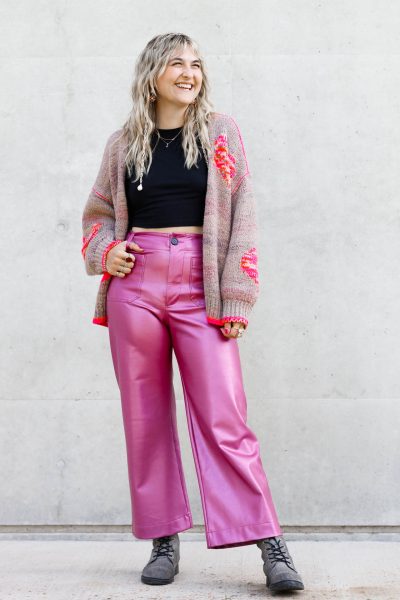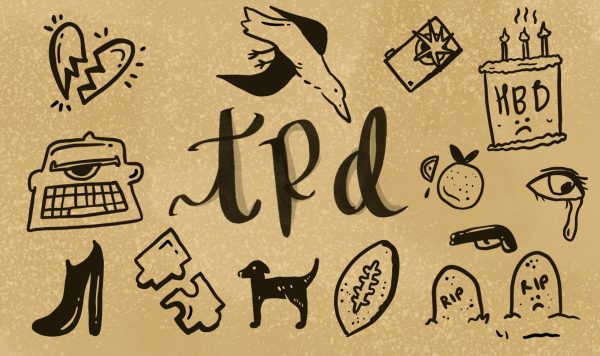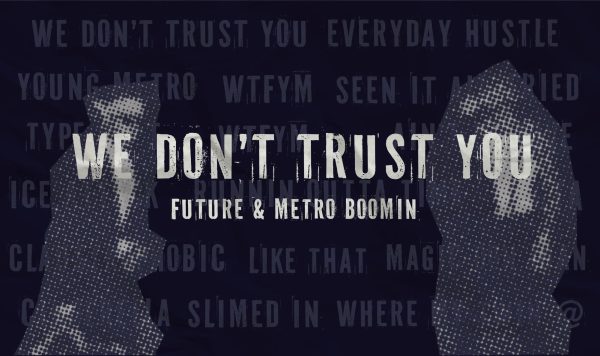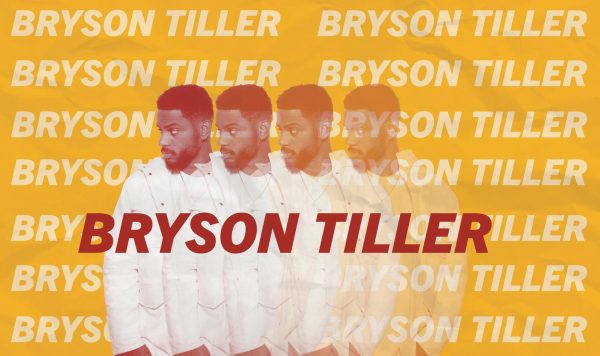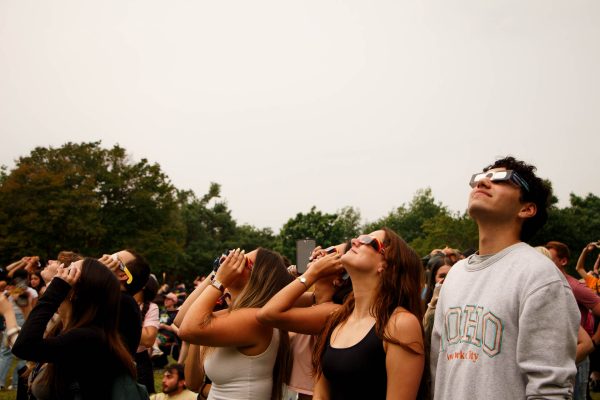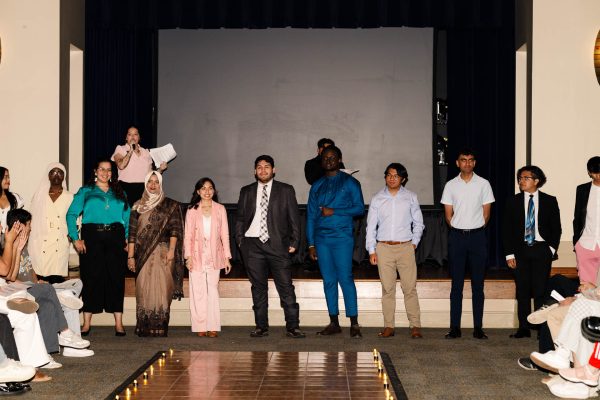Treat Yo Self
The words “self-love” and “self-care” circulated primarily online in 2016 and continued into 2017 to showcase Americans participating in behavior mainly involving facemasks and other luxuries that promote relaxation.
While the show “Parks and Recreation” playfully coined “treat yoself” as an excuse to overspend, overeat and overindulge, it then captured Americans using a flawed excuse that prevents progress.
In an essay for The New Yorker, Jordan Kisner references this as a tendency that manifests self-preservation as a performance to the outside world.
Kisner say these tendencies stem back to the historical need to provide self-care with the basis of “self-preservation” and “political warfare,” according to African-American lesbian writer Audre Lorde.
This propensity is exemplified by “insisting to a violent and oppressive culture that you mattered, that you were worthy of care,” Kisner claimed.
Comparing the origin of these buzzwords questions how a word that symbolized strength transformed into the reasoning behind spa regiment and overindulgence. Moreover, the transformation encourages its newfound definition today.
Anna North of the New York Times challenges the current conceptualization of self-care by bringing in the older view in opposition.
As a journalist, being immersed in work is where North feels the most self-sustained.
“To work, for me, is to care for the self by putting the self aside,” North said.
This type commentary brings the idea of self-care back to its roots; an origin that displays one’s purpose as meaningful and definite.
North explains her definition of self-care as a privilege she fights for herself and for other women.
Through these examples, North and Kisner challenge self-care’s function as impactful for the greater good rather than solely self-reliance.
Today, self-care still openly extends its message. However, this is accomplished through social media using hashtags often attached to advertisements and sponsors.
Self-care loses its impact when it articulates its message this way; it diminishes empowerment and instead empowers vanity and over-attention.
Hashtags highlight highly discussed subjects through the platform that unites people all over the globe: social media.
A tool of such great strength wastes its power on arbitrary messages proclaiming “self-love.” This in turn devalues the potential of such a strong tool like social media.
Correctly promoting self-care on social media looks like “#queerselflove,” a hashtag spread following the night club shooting in Orlando, Florida.
It looks like Devin-Norelle, a young black trans man, spreading #BlackIsBeautiful following the week Philando Castile and Alton Sterling were killed by police.
Self-care has the potential to be a word that empowers because of impact, not through purely selfish acts.
Bringing back self-care’s original meaning promotes progress — it serves as a conduit for those who feel powerless to revitalize.



